Well, it seems the rumours of my departure were greatly exaggerated.
You heard it here first: for better or for worse, you are stuck with me for the next four months.
Despite stepping down as Co-Editor-in-Chief as of April 30th, I persist as the Managing Editor of Arthur over the course of the summer serial, much to the delight—I’m sure—of many a too-online woman in my Instagram DMs, and the chagrin of the three new editors who thought themselves rid of me.
What exactly does a Managing Editor do? That’s a good question.
If I’m being honest, we’re sort of figuring that out as we go along. The gist is that over the next sixteen weeks I’ll be fulfilling a role not unlike that of a flight instructor: a second set of hands on the controls to ensure everything runs smoothly while the new brood learns to fly.
While David, Louanne, and Ian settle into their newfound imperial groove, I will mostly be out of the spotlight, toiling quietly behind the scenes at the rickety desk in the corner of the office in front of my obscenely pink keyboard.
I’ll be responsible for double-checking their copy; namely making sure they’re not abusing the passive voice (David), inserting the word “dialectics” where it doesn’t belong (Louanne), or using the awful American spelling of “labor” (Ian).
I will, however, still be writing on occasion, and it’s my hope that this might prove a bit of a return to form.
You see, the last year required my co-editor and I to step into the role of “grown-ups in the room.” When shit hit the fan, it fell to us to sort it out.
In a given week, we would not only be juggling our regular managerial duties—doing edits, checking in with staff, making sure people got paid and our taxes got filed, and other things I’m led to believe most people and/or the CRA consider important to running a corporation—we’d also be doing all the things that the heads of a newspaper do besides.
Namely, this means writing the stuff no one else wants to (or is able to)—because you’re a good boss, you tell yourself. You’re not a tyrant! So you find yourself at 2:30 AM on a Monday night (or is it a Tuesday morning?), slouched over your keyboard pecking out some piece about some book launch you didn’t want to go to or a council meeting you didn’t want to attend word after agonizing word at a time.
Even once it’s done, and you groggily Slack a link to your co-editor with the note that it’s “ready to go wjhenevert you can have eyes on it,” you can hardly bring yourself to feel relief because you know tomorrow you’ve got to wake up, drink a half litre of too-strong coffee, and start piecing together a newsletter as soon as you’ve got that piece up.
In short: it never stops.
This might sound obvious, though it’s worth emphasizing all the same. There is no “off” switch at this job. Everything you do, you take home with you. It’s a problem endemic to creative industries: you are the work. The job is not just the labour you provide, but equally the creative energy you expend doing it.
I wouldn’t be the first to point out that this can very quickly turn from a situation in which you’re ostensibly being paid to do a thing that you already love doing to one in which the thing you ostensibly love doing has become something you resent, which you do under the onus of having to pay rent again this month.
Being your own boss sounds glamorous right up until you realize the buck stops with you. If someone doesn’t submit copy for an event that really deserves coverage, guess who needs to chase them down or hammer out a substitution? When someone files their payroll information wrong, guess who needs to make sure you’re not committing tax fraud?
Half of authority is responsibility. You’re not just your own boss, you’re other people’s, too. Being a “good” boss means that you’re a role model on top of being the person who metes out assignments.
This is a hard balance to strike at the best of times, and over a sufficiently long period of time, it threatens to consume you.
It’s not that I resent my past two years as editor here—I wouldn’t trade them for the world—but I can’t shake the sense that Evan Robins the editor is very different from the writer whom Evan Robins was.
I’m not saying I didn’t have moments of brilliance here and there, and I’m not saying the work I did wasn’t worthwhile—certainly my award nominations would beg to differ.
However, I think that after the summer of Volume 58, when we all went to the woods, there’s a definite change you can begin to detect in my writing. Sure, that year I wrote my longest (and arguably best) piece to date, but thereafter my writing becomes decidedly more pointed, more concise; more “workmanlike,” as we like to say in “the industry.”
Not that workmanlike prose is by any means a bad thing. Hell, it’s probably an asset for anyone aspiring to a writing job in this economy.
But I didn’t get into writing because I wanted a job. I got a job at Arthur because I was already writing, and this was a way to get paid for it. Much of what I understand to be my appeal is predicated upon this somewhat aggressive weirdness that characterized a lot of my work at that time. I think you can see that in my early writing—as a staff writer I was untempered, my writing erratic and subject more to my whims than a sense of particular duty to cover a given story.
Of course, that isn’t necessarily the best approach to journalism—not every story can compel you right away, nor can every story be told in the form of distended, stream-of-consciousness gonzo scrawl. As my role at Arthur has changed, and as I’ve shouldered more and more responsibility, this weirdness has given way to obligation as I’ve had to cover things in a measured and timely manner.
There’s no such thing as objectivity, sure, and every writer brings their own quirks to a story, but I can certainly admit that there’s a way to approach a story which doesn’t mire it in needless editorializing and purple prose.
It was a process for me to learn that, and half the time I did so by failing.
But then, what are your twenties for besides failing?
Sure, it’s annoying when people come up to you in public weeks/months/years after the fact to litigate the particularities of something you published when—in hindsight—you feel like you were a wholly different (and much stupider) person, but as the aphorism goes, it also builds character.
It took years of writing to instill any number of habits (most good, a few admittedly bad) in me, and my work at Arthur is very much a testimony to that fact. I’ve been working here as long as most people spend getting an undergraduate degree, and that seems fitting considering what an education in itself Arthur has been.
I can’t overstate the privilege it’s been to work with people with years more experience than me in my role at Arthur, and if there’s anything I’ve learned from four editors and any number of mentors over the years, it’s to remember that I know nothing.
A good editor requires humility as much as they require confidence, and I like to think that I’m a little more of a consummate professional than the brash, outspoken girl whose resume first crossed my editors’ desk four years ago. If nothing else, I think my headshots do a lot of heavy lifting in that regard.
However, with my tenure extended to the end of summer I think I can afford to let loose a little. Divested of the responsibilities of being Big Boss, and with my love for all those who’ve made me the writer and journalist I am—for the next four months I’m embracing the mentality of “fuck it; we ball.”
The other day now-EIC David King, with whom I do willingly spend time outside of work, asked me if I “ever think about the fact that this is the best job we might ever have.”
The answer is “Yes, I do. I do it all the time.” It’s probably the thing that weighed on me the most when I decided to give up this job.
I’ve never had a job I loved as much as this one. I’ve loved things about prior jobs: I loved the people I worked with as a teenager at a chain grocery store in Ottawa. I took driver’s ed with my supervisor, then a 19-year-old psychology student. In retrospect, I realize just how young he was despite how old he seemed to me.
I loved the flexibility of working a research job remotely a few summers back. I relished the opportunity to do something meaningful for the queer community I cared so much about. I loved less that the project quickly spilled over long past its original contract period—first by months, then almost a year—but I’m still glad of the experience.
None, however, come close to the experience which Arthur has given me. Like the union-busting mantra goes: we’re all family here! It actually feels that tight-knit, right down to the frequent (if amiable) bickering that characterizes the hazy line between friend, comrade, and colleague which Arthur inspires.
I realize I may never enjoy any job as much as I have this one, and that it’s unlikely I’ll ever work another like it, but in many ways the fleetingness of Arthur is what makes it so special to me.
Working here has felt like one long summer; a dream from which I haven’t wanted to wake. But like all summers, at some point it must end, so the only thing for it is to enjoy it while it lasts.
There’s a song I’ve been listening to recently that I just can’t get out of my head. It takes its name from a quote from Reality Bites, an insufferable movie about insufferable people making insufferable art whilst figuring out how to be grown-ups after graduating from college.
Winona Ryder’s character laments that she was “really going to be somebody by the time I was 23,” to which Ethan Hawke’s character replies: “Honey, all you have to be by the time you're 23 is yourself.”
It’s the sort of sentiment with which I resonate as a developmentally-arrested recent university graduate doing that thing you do when you feel you have no future prospects: Grad school.
This is strange to the extent that I nominally have my shit together: I’m employed (for now), I have an apartment in which I live (alone), I have people who love me, and I love them in return.
I’ve long since hit most arbitrary life milestones which people consider important. I had my first drink well before I was technically legal (even in Quebec) and I lost my virginity at an age young enough to elect not to print it out of respect for my mother. Yet despite having lived most of my life early, I feel I came into myself late.
Perhaps that’s an inevitability of my particular gender situation, but I think it’s also a product of always having something on which to stake my identity.
I’ll put it this way: when you’re an undergrad, everything you do reflects your major. At a party and want to talk to someone? Ask them about their major. On a dating app? Major. On the bus? Major. You put your major on your books, your email signature, in your Instagram bio. You can sort people by personality using only their major: It’s like a sort of astrology.
Arthur has done the same thing for me. It’s the thing I can (and do) talk about on dates, at parties, to people trying to make low-stakes conversation. It’s easy to say “I’m a writer,” or “I’m a journalist,” or “I run this newspaper,” even if none of those strictly, in my mind, describe what I’ve been doing all this time.
Of course, if Arthur is what I’ve been all this time, it begs the question of who I’m going to be without it. That’s what I mean when I say I’m being untethered: for the first time in my life I can’t gesture at my job and say “this is who I am.”
When I think about the phrase “all you have to be by the time you’re 23 is yourself,” it seems a call to action to figure out who I am, without Arthur. Like it or not, pretty soon that’s the person I’m going to be.
Bearing this in mind, my aim for my last summer at Arthur—besides continuing to steady the wheel as needed—is to do something for myself for once. Self-care is in, responsibilities are out, time to make the most of it while we can!
I want to write things I’m passionate about again. I want to remember why it is that I love what I’ve done for so long. Hopefully, that could be the thing that reminds me why I want to keep doing it.





.png)





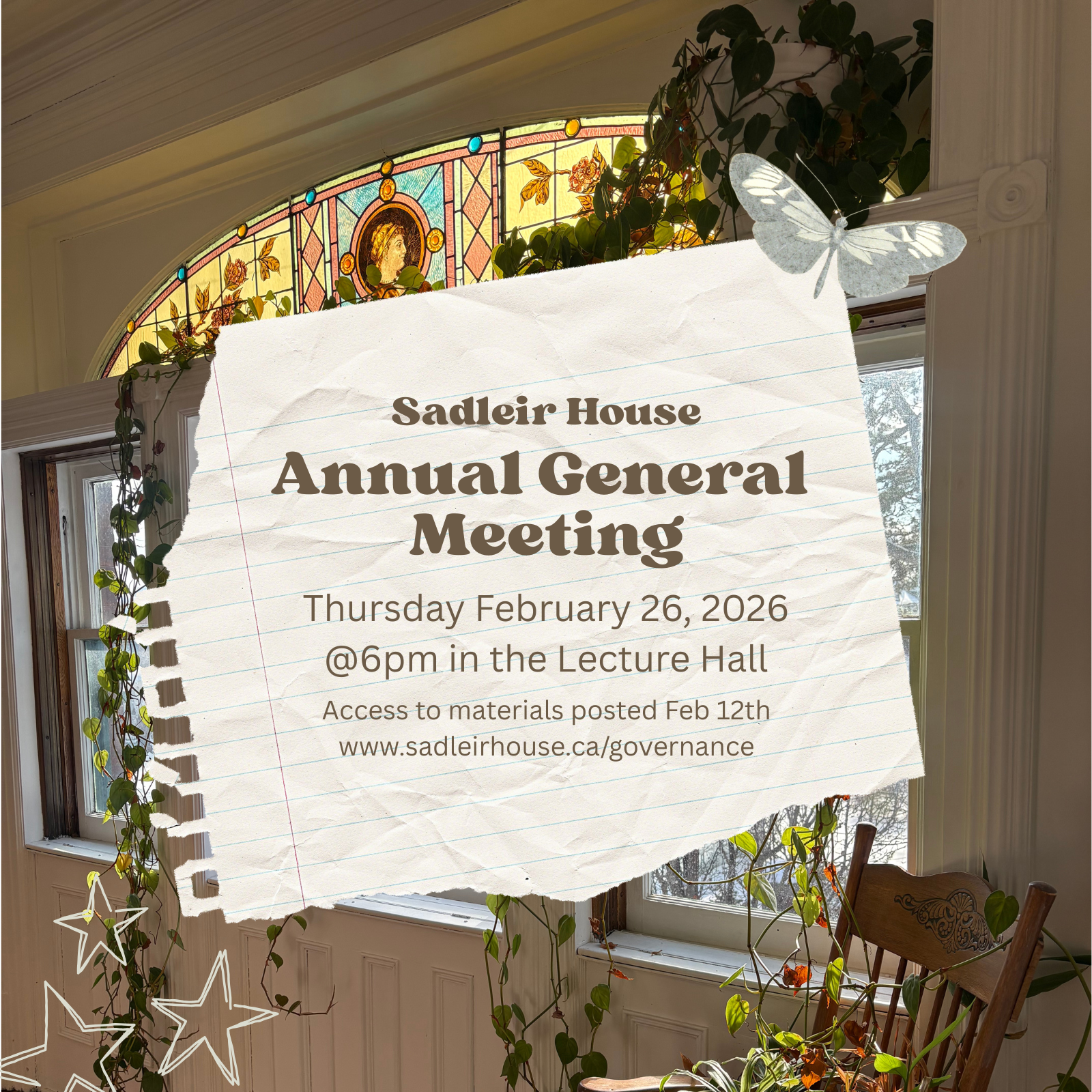







.jpg)
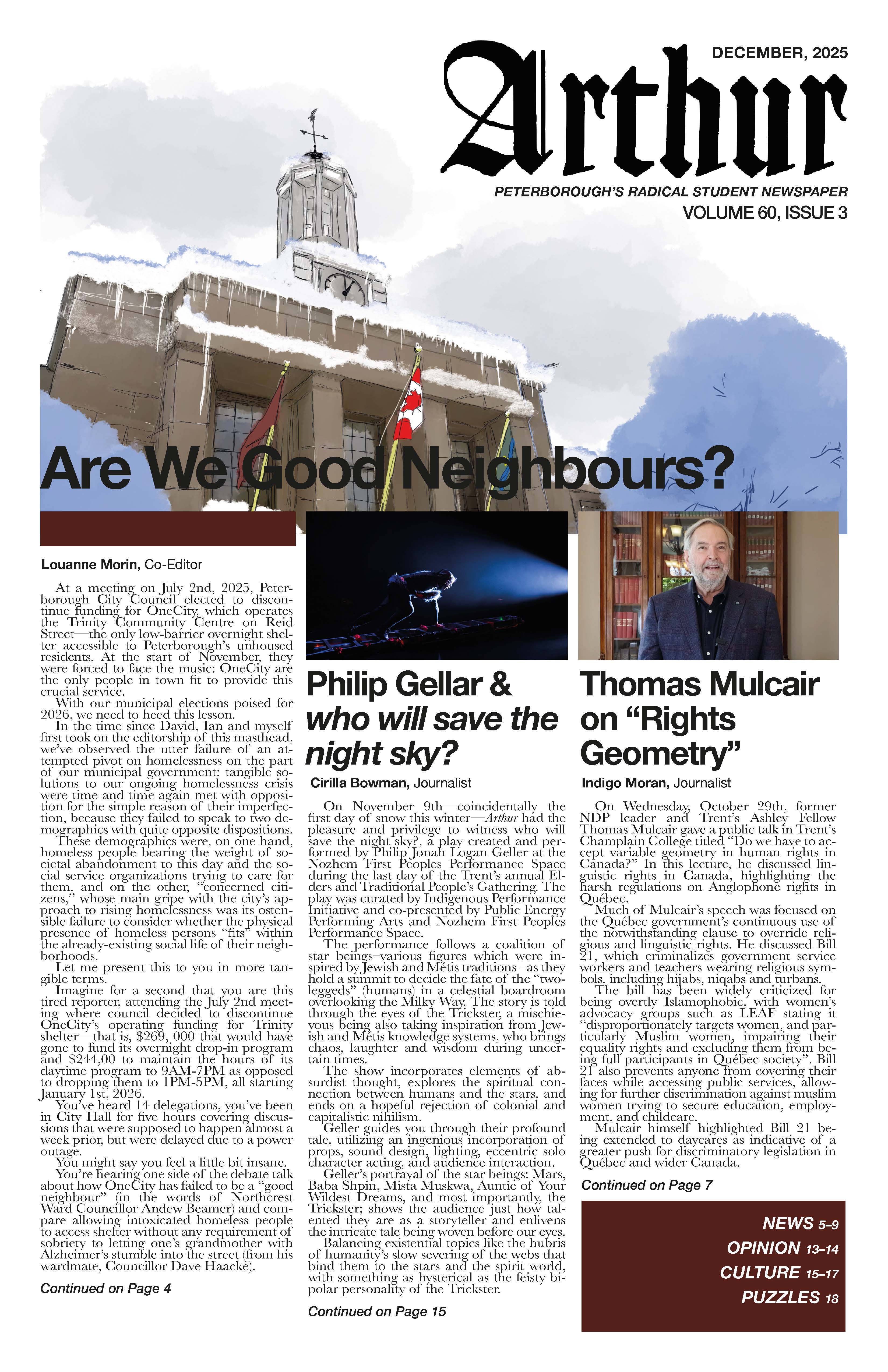
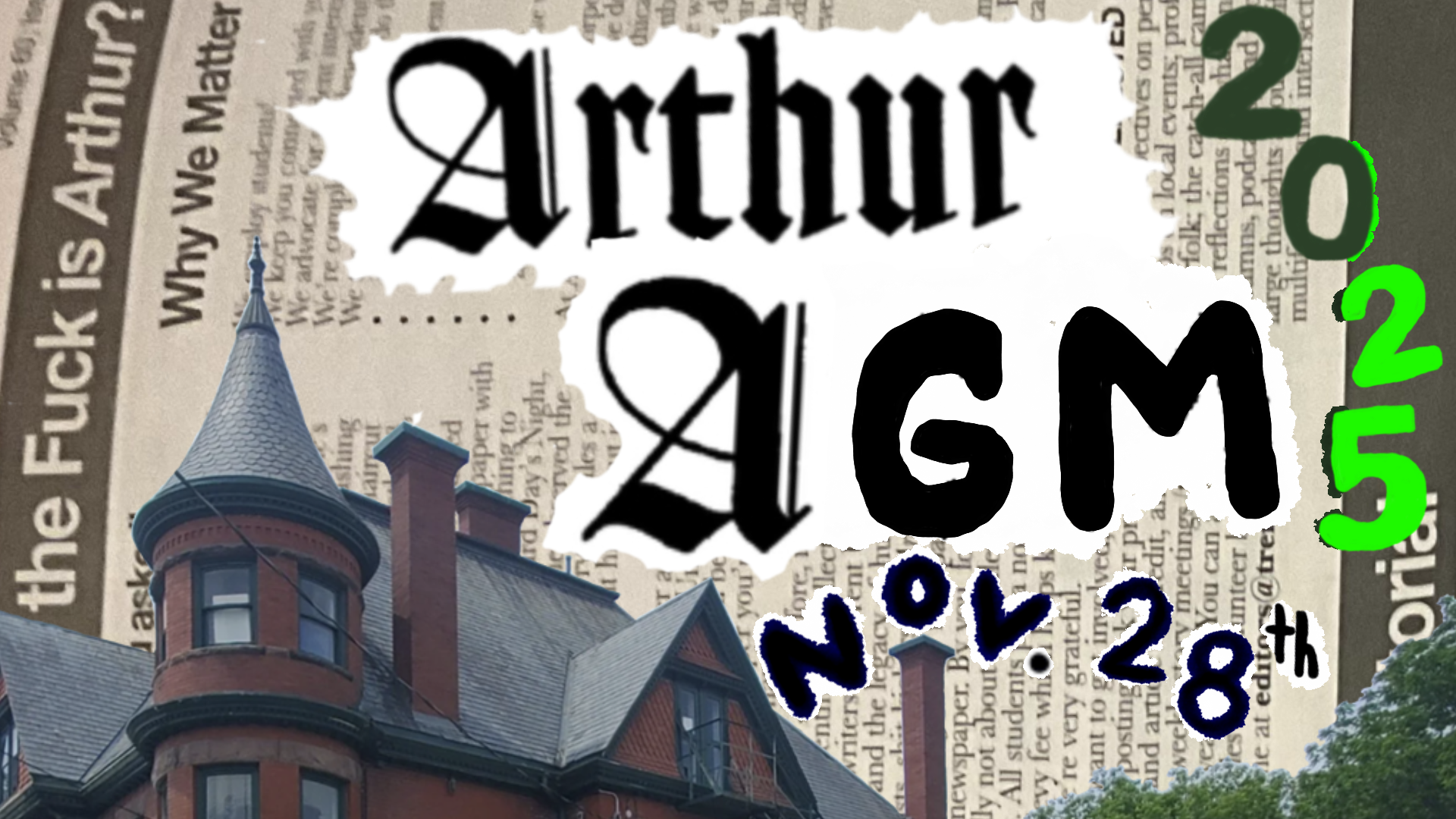

.jpg)
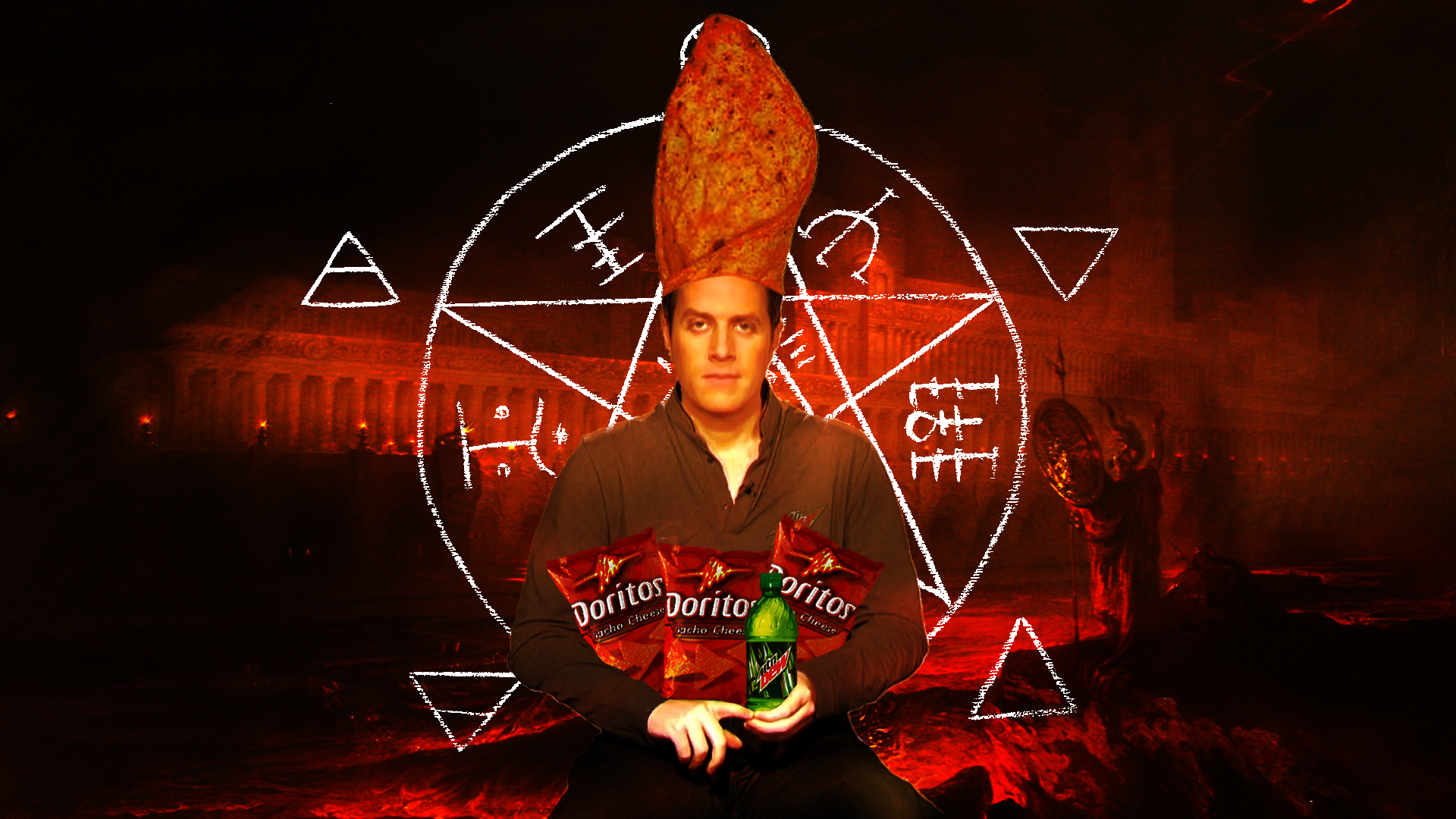
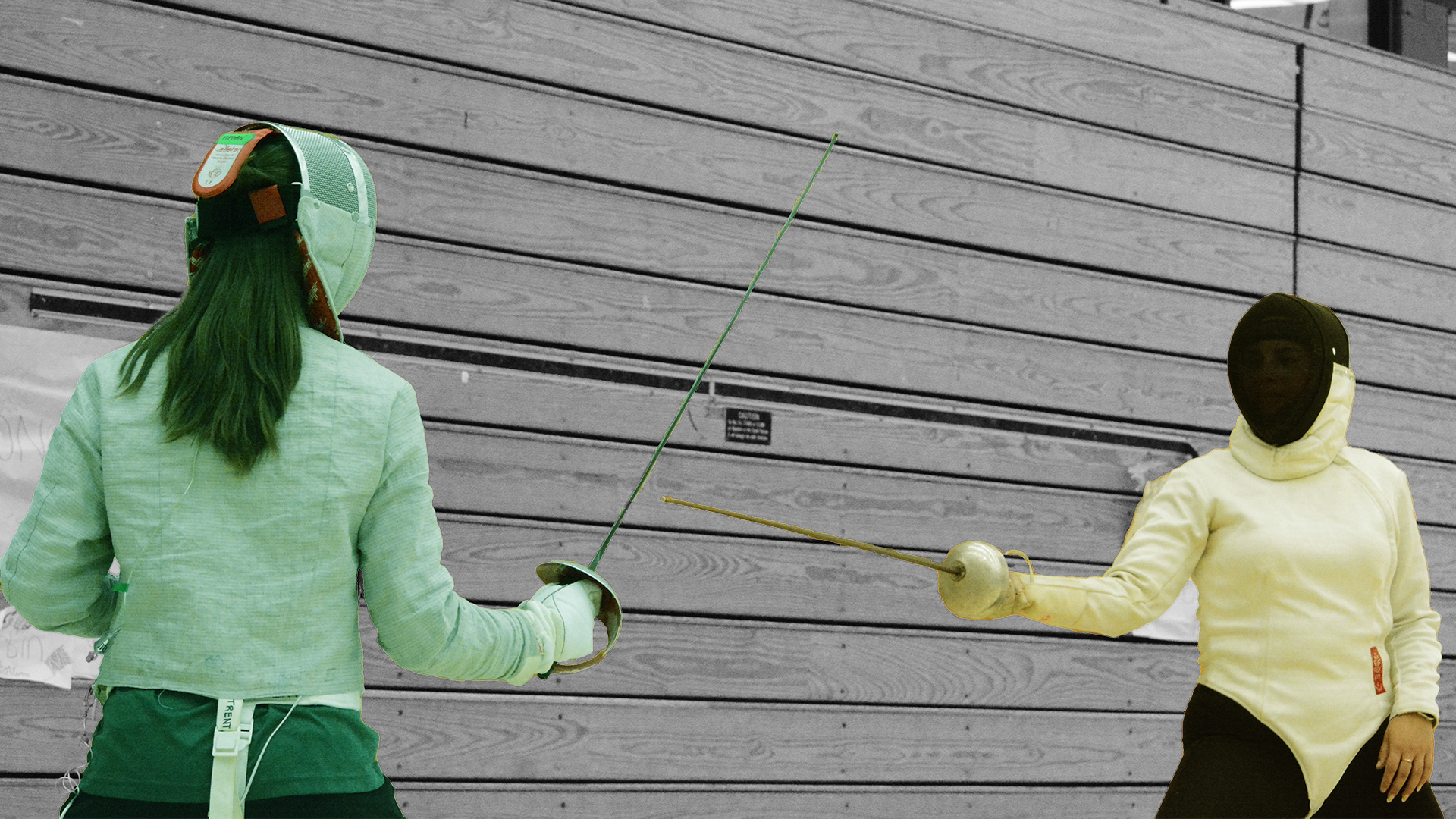
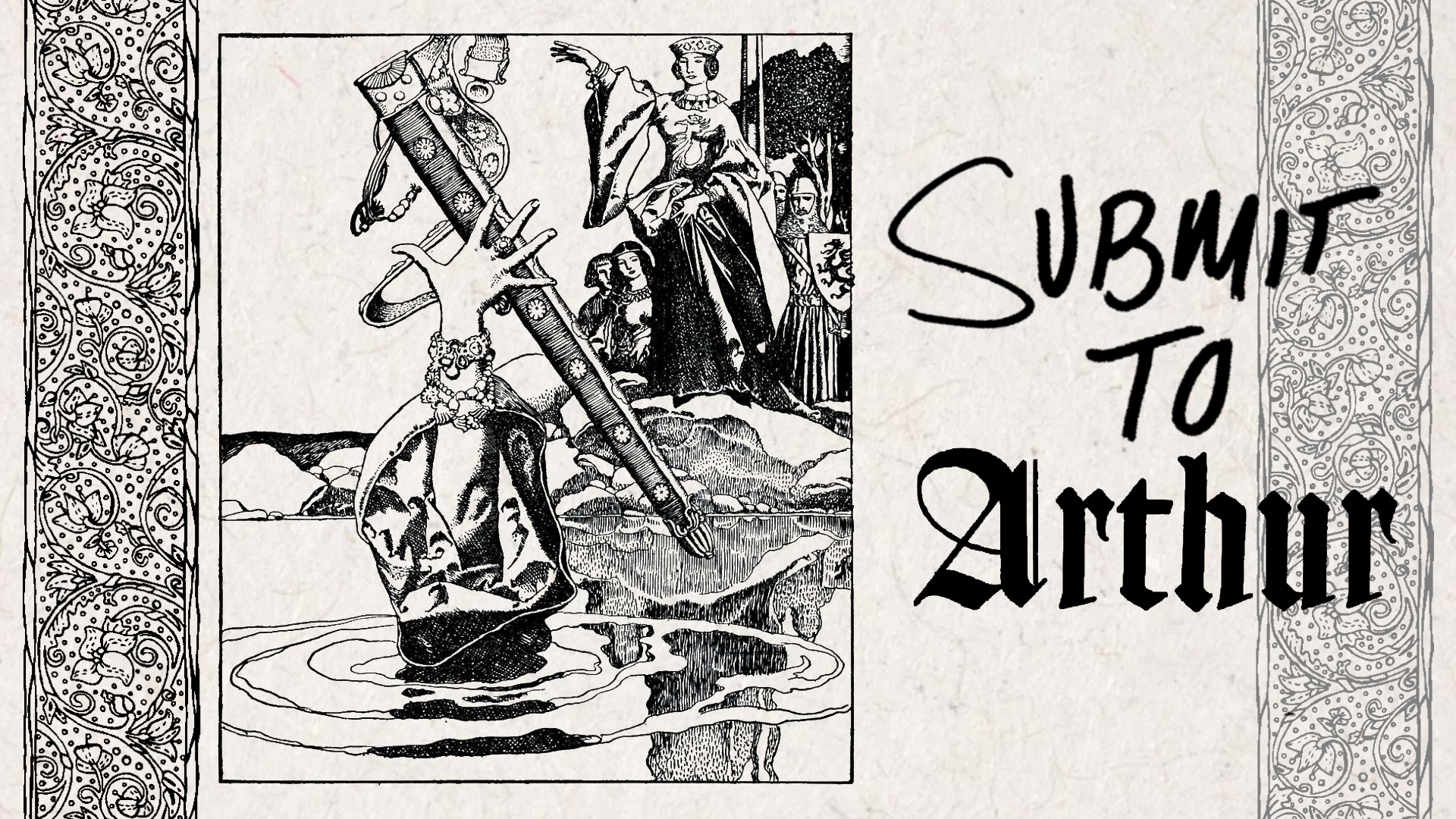

.jpg)
.jpg)

.png)